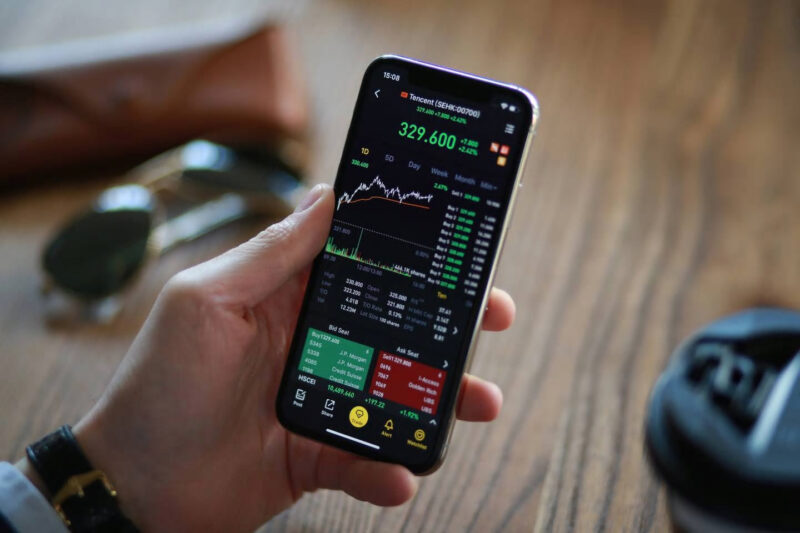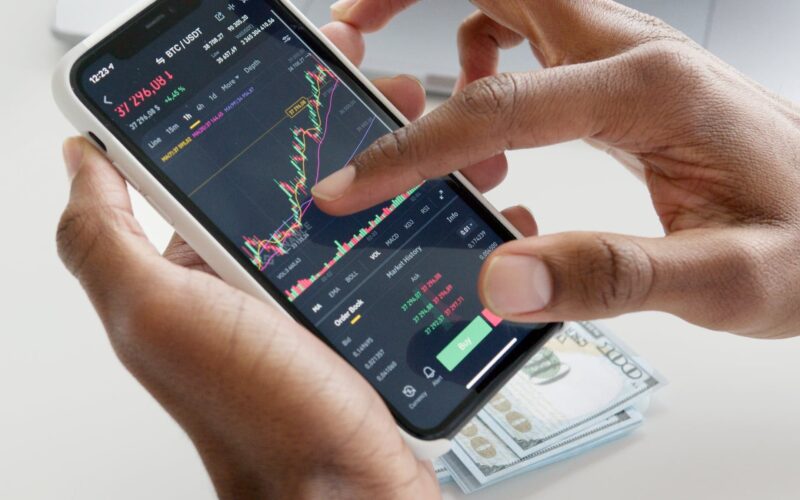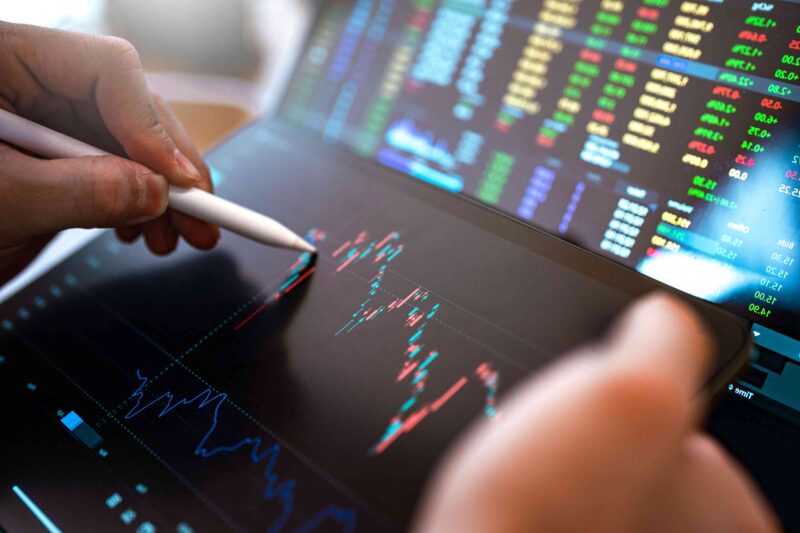When you’re always on the go, the idea of keeping up with your trades might seem like an impossible mission. Life doesn’t slow down for a busy trader with the urge to see the world. But believe it or not, trading on the move can be both simple and effective. You just need the right tools and a strategy that’s portable. Consider this guide your go-to resource for balancing trades with your travel plans, so you can make the most out of both.
Key Points
- Find stable internet connections in all the right places.
- Use reliable trading apps with user-friendly interfaces.
- Plan your trading hours to align with your schedule.
- Limit distractions – make smart use of notifications.
- Protect your trades by securing your accounts.
1. Setting Up Your Mobile Trading Essentials

For those who live to trade, you’re probably familiar with what makes a platform truly functional. But when you’re on the road, essentials change. Access to the right tools can make or break your experience. Take Binomo, for example. Binomo offers an innovative platform with a $10,000 demo account for learning how to trade without risk. It’s intuitive, perfect for a quick trade check in between sightseeing.
As you pack your bags, make sure you also pack the essentials: a reliable smartphone, a portable charger, and access to a virtual private network (VPN). High-speed Wi-Fi isn’t always guaranteed, so it’s wise to bring along a backup internet solution like a pocket Wi-Fi or a SIM card with data coverage in your destination.
2. Timing Your Trades Around Your Schedule
The clock might read 3 p.m. in your current location, but for the stock exchange, it’s a different story. Before you trade abroad, know the time zones and trading hours of the markets you’re following. Align your schedule to the critical times in those markets. Let’s say you’re enjoying a coffee in a café in Milan when the U.S. markets open. With a bit of planning, you can keep up with movements without sacrificing your trip.
Using a simple table like the one below can help you stay organized and remind you of trading hours across various time zones:
| Market | Opening Hours (Local) | Time Zone |
| New York Stock Exchange | 9:30 AM – 4:00 PM | EST (UTC-5) |
| London Stock Exchange | 8:00 AM – 4:30 PM | GMT (UTC+0) |
| Tokyo Stock Exchange | 9:00 AM – 3:00 PM | JST (UTC+9) |
| Euronext Paris | 9:00 AM – 5:30 PM | CET (UTC+1) |
3. Staying Alert Without Getting Distracted

Mobile notifications can be a blessing or a curse, especially if your phone pings with every price movement. Too many notifications can disrupt your trip, but too few can leave you unprepared. Go for apps with adjustable alerts. Set limits for how often you receive notifications, and make sure you only get the ones that matter most. You’re here to enjoy your travels, not to stare at charts all day.
4. Protecting Your Accounts with Extra Security
Travel often involves public Wi-Fi spots, which can be security risks. No one wants unauthorized access ruining a trade or, worse, draining their accounts. Protect your trades by using a VPN for every session. Apps like Binomo emphasize security, but you can boost it even further by enabling two-factor authentication. Password managers come in handy here, keeping all your logins organized and protected.
5. Choosing Destinations with Reliable Connectivity

Some places offer incredible landscapes but terrible internet. Before you book your next trip, research the Wi-Fi quality at your accommodation and find nearby co-working spaces or cafés known for stable connections. Southeast Asia, for example, is full of digital nomad hubs with reliable Wi-Fi and plenty of coffee to keep you focused. You’ll enjoy the scenery and stay up-to-date with market moves.
FAQ
1. Can I trade with limited data on my phone?
Yes, but it’s wise to limit video and graphic-heavy platforms. Look for apps that optimize for low-data use.
2. Are mobile trading apps secure?
Most top-rated trading apps prioritize security, but it’s always best to add layers like VPNs and two-factor authentication.
3. How do I deal with time zone issues?
Plan ahead by using a world clock and keep a schedule of key market openings.
4. Is trading legal in every country I visit?
No, some countries restrict trading activities for foreigners. Always check local regulations before you trade.
5. Can I set up my trades before a long flight?
Yes, many platforms offer tools for preset orders so you can trade even while offline.
For the busy trader with a thirst for travel, staying active in the markets while exploring the world is all about strategy, organization, and the right technology. Yet, even with the best tools and plans in place, the potential stress of balancing trades and travel can be significant. Managing stress becomes essential, as it can impact decision-making and lead to impulsive choices that affect trading outcomes. Incorporating stress-reducing practices, such as setting defined trading windows, using alerts to monitor key price levels, and taking time for relaxation, helps maintain a focused and calm mindset. Follow these steps, and you’ll find it’s easier than expected to strike the balance between making profits and creating memories. Safe travels, stress-free trades, and successful market moves.



